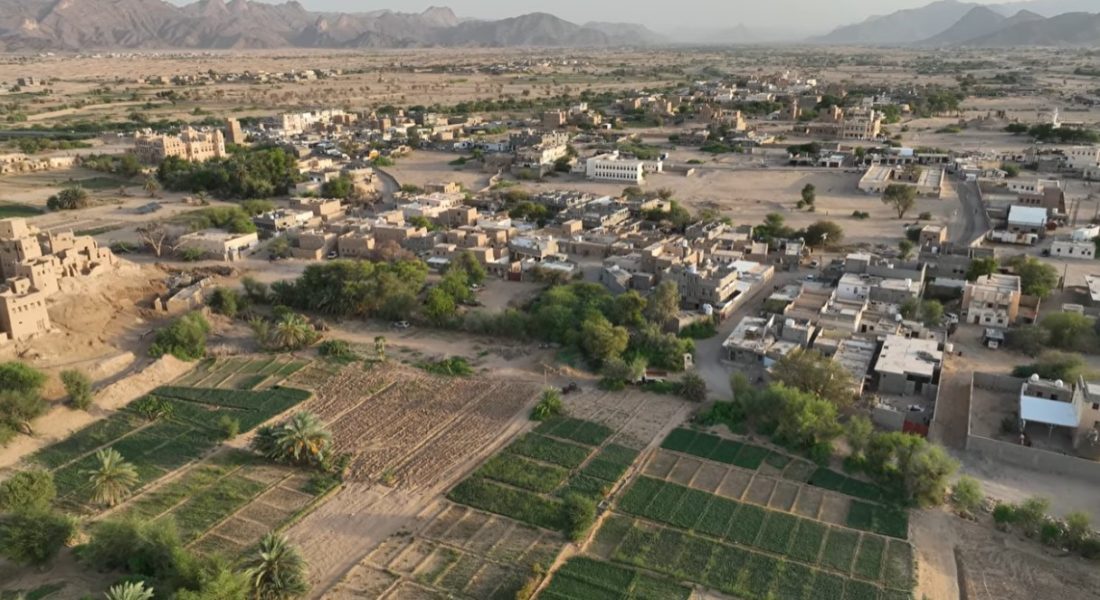The Honey Festival in Ataq, Shabwa Governorate, has become a clear indicator of how humanitarian mine clearance supports economic recovery in liberated areas. The event reflects the progress made in restoring safe access to agricultural and pastoral land following extensive clearance operations carried out by Project Masam.
For years, landmines and other explosive remnants of war restricted movement in Wadi Bayhan, blocking access to some of Shabwa’s most important natural resources. Clearance by Masam teams has allowed beekeepers to return to their traditional pastures, contributing to the revival of the local honey industry and broader agricultural activity across the governorate.
Return of beekeepers and community recovery
Shabwa is one of Yemen’s leading honey-producing regions, known for its Sidr and Samar trees (Acacia tortilis), which produce high-value honey sought after across regional and international markets. Mine contamination had prevented beekeepers from reaching these areas, significantly reducing production and threatening livelihoods.
During the festival, Ahmed Abdel Habib, Undersecretary of Shabwa Governorate, praised Project Masam’s role in securing Wadi Bayhan, describing it as the main centre of bee pastures in the region. He noted that clearance work has returned an essential economic resource to the community.
Fahad Mubarak Salem, Director General of the Agriculture Office, stated that Masam’s work extends beyond physical clearance. He explained that mine removal has direct humanitarian, social, and economic benefits, particularly for farmers and beekeepers who rely on safe access to land to support their families. He added that beekeepers constitute nearly 70% of those working in Shabwa’s agricultural sector, underscoring the impact of mine action on local economic stability.
Plans to support sustainable production
Salem also announced that the local authority is preparing to establish a Sidr tree reserve in Jardan District, the main source of Shabwa’s premium honey. The initiative aims to protect tree cover, maintain high production standards, and reinforce the governorate’s goal of positioning itself as a global producer of high-quality honey.
This year’s Shabwa Honey Festival showcases more than the quality of the product. It reflects the resilience of communities that have regained access to land once contaminated by mines, and it highlights the central role of Project Masam in enabling safe economic activity, supporting livelihoods, and contributing to the recovery of liberated areas.

